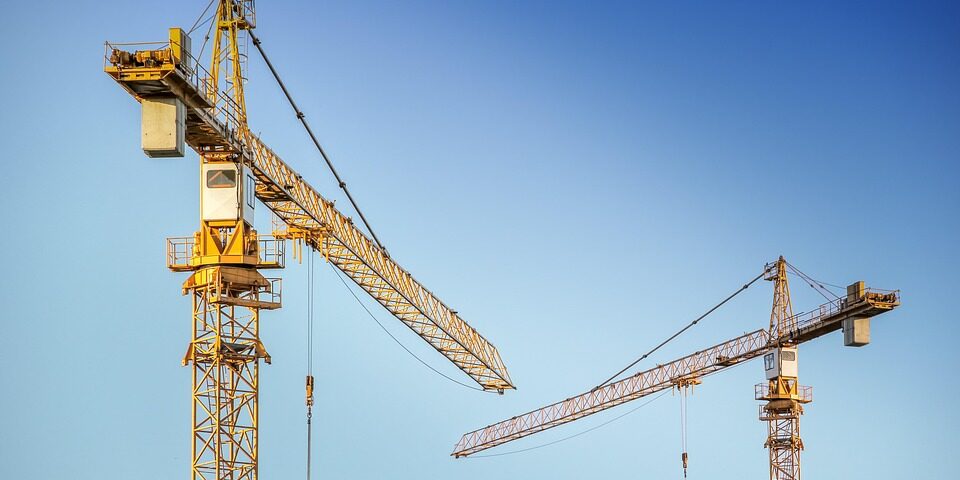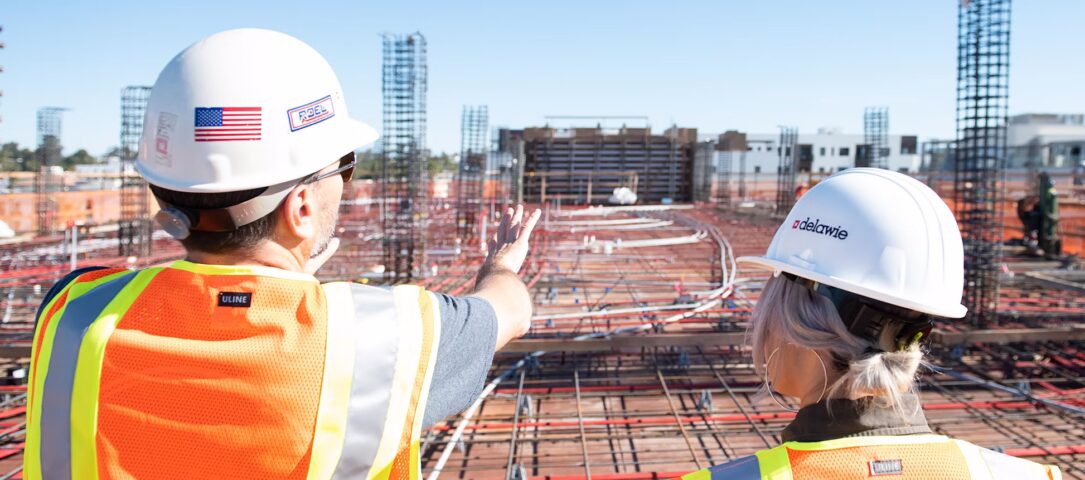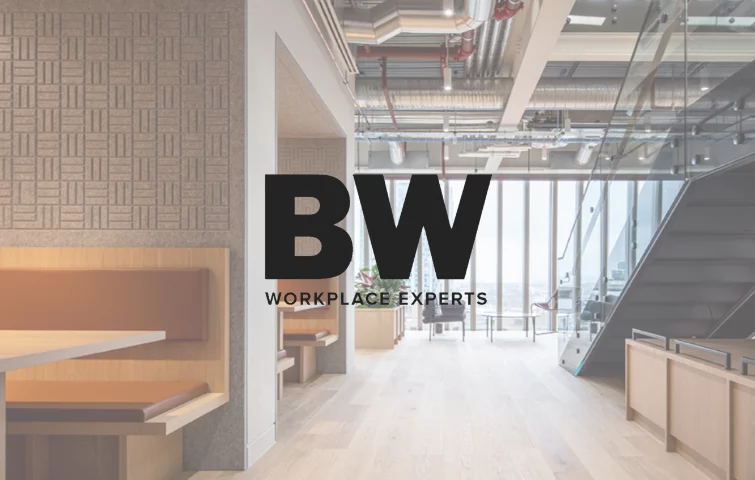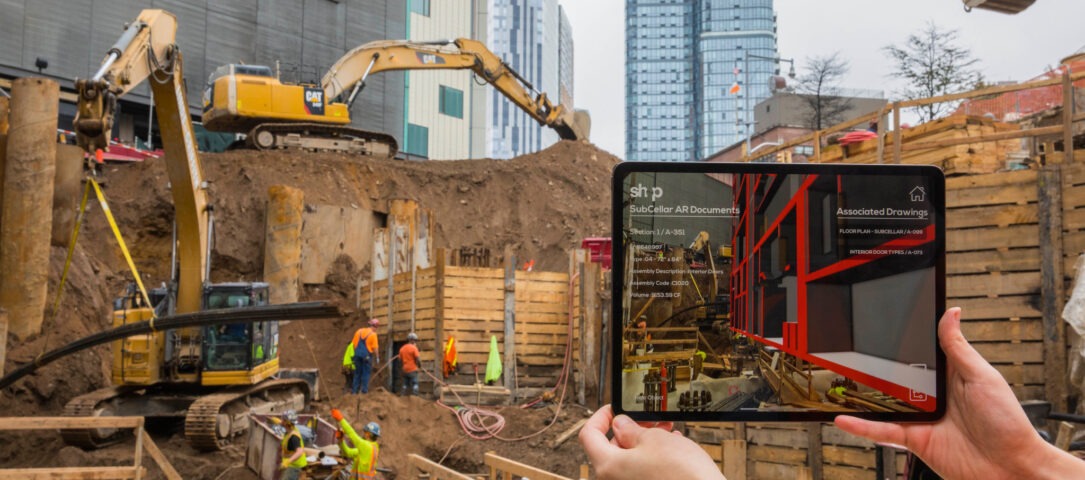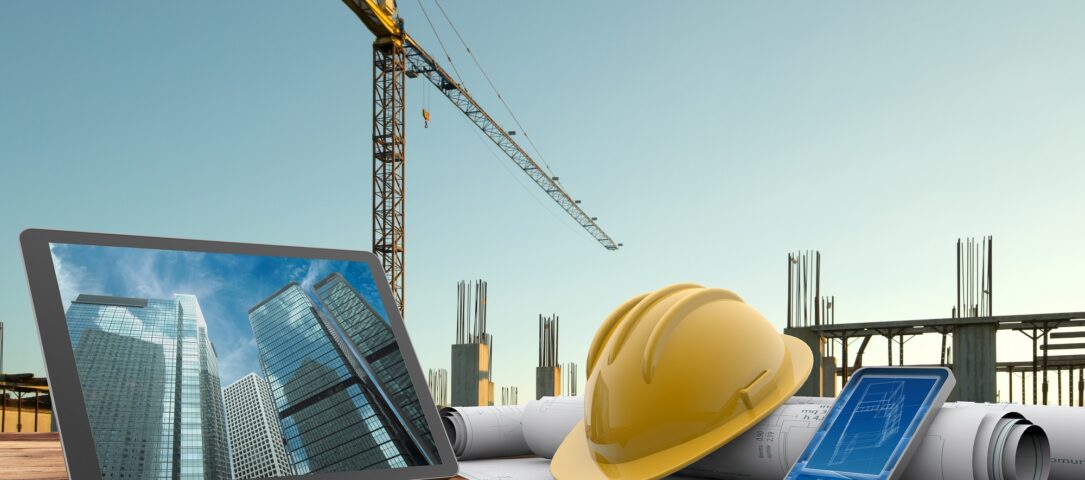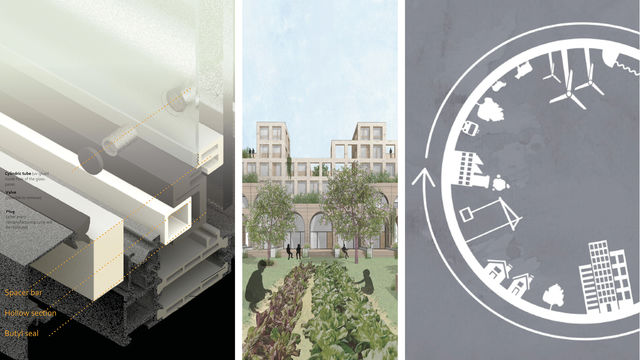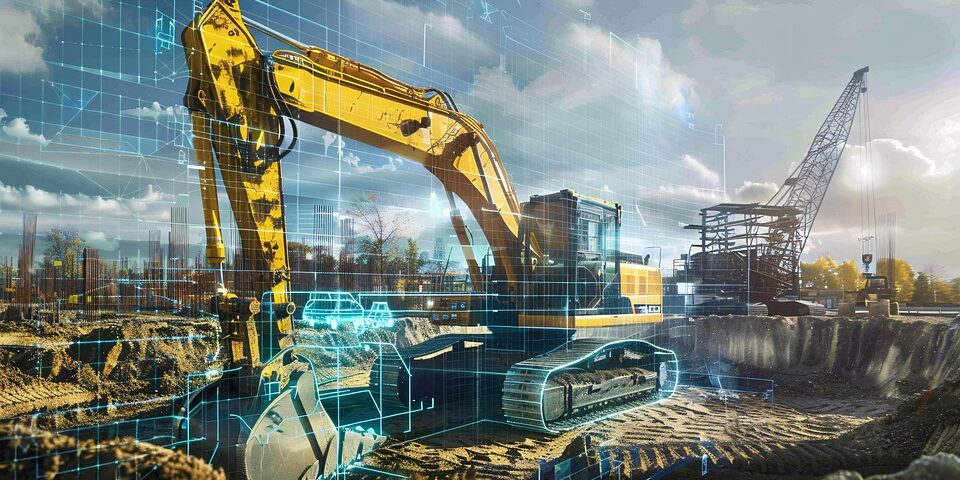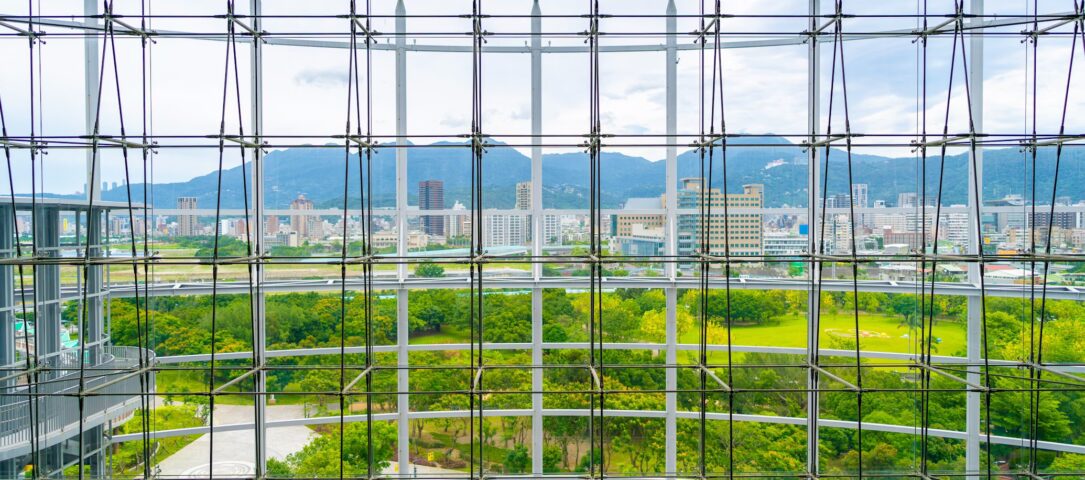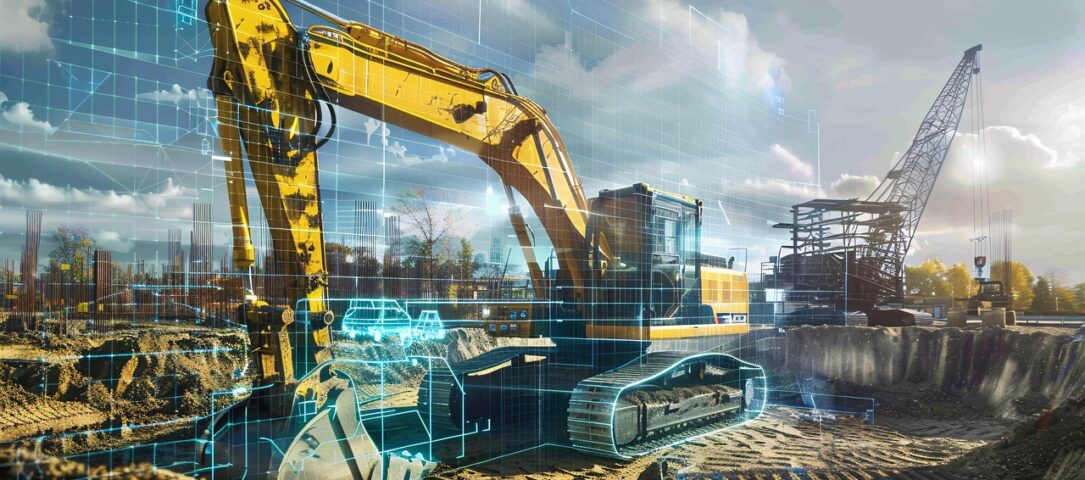The Australian construction industry is emerging from its post-pandemic slump, with new data suggesting a resurgence in activity and confidence. However, while building approvals are on the rise, hidden government-imposed fees continue to weigh heavily on the cost of new homes. According to the latest Royal Institution of Chartered Surveyors (RICS) Global Construction Monitor, the industry’s confidence index rose …
The construction industry is one of the biggest global polluters, consuming vast amounts of resources and generating enormous waste. In the U.S. alone, construction and demolition waste reached 600 million tons by 2018 — more than triple the amount in 1990. As new buildings rise, they add to carbon emissions, which hit record levels in 2023. While sustainability efforts exist, …
The construction industry has long struggled with inefficiencies in administrative and financial workflows. For BW: Workplace Experts, a leading interior fit-out company, keeping payment processes smooth and transparent became a top priority as their business expanded. Managing subcontractor payments, ensuring compliance with UK regulations, and keeping financial operations efficient were all major challenges. Relying on outdated …
The visualization of architectural designs has always been a challenge. Traditionally, architects and designers relied on physical models, scaled drawings, and renderings to communicate their ideas—a process that often required weeks or even months to complete. However, the digital era has transformed this process. The ability to digitize construction data has made collaboration easier, allowing professionals to share …
The Digital Transformation of Building Design The construction industry is in the midst of a technological revolution. As digital and automated systems become more advanced, architects and engineers are leveraging tools like Building Information Modeling (BIM) to improve accuracy, efficiency, and collaboration. With 3D modeling, teams can detect design flaws before construction begins, cutting costs and reducing …
The Digital Revolution in Construction The construction industry has entered a new era, where Artificial Intelligence (AI) is reshaping traditional workflows. Superintendents are no longer just managing labor and schedules—they're leading a digital transformation that optimizes materials logistics, site coordination, and overall efficiency. AI is not just about automation; it’s about making smarter, data-driven decisions that reduce …
Rethinking Construction: The Circular Revolution Could the buildings of the future be made from waste, plants, or even soil? At TU Delft, a new generation of architects is proving that sustainable construction isn’t just a dream—it's already taking shape. The construction industry is one of the biggest contributors to CO₂ emissions and waste production. Yet, most building materials are rarely reused …
AI and the Construction Industry: A High-Tech Revolution Artificial Intelligence (AI) is no longer a futuristic concept—it's already transforming industries worldwide, and construction is at the forefront of this revolution. The traditional challenges of construction—labour shortages, cost overruns, safety concerns, and inefficient processes—are being tackled head-on with AI-driven innovations. From autonomous machinery to data-driven decision-making, AI is redefining how projects are designed, …
The construction industry is undergoing a radical transformation as green technology becomes the cornerstone of modern development. Environmental concerns, government regulations, and evolving market demands are pushing the sector toward sustainable solutions that enhance efficiency, reduce costs, and minimize environmental impact. Gone are the days when eco-friendly construction was considered a niche market. Today, energy-efficient …
The Digital Awakening of Construction Construction has long been one of the least digitalized industries, with productivity barely improving in decades. While other sectors have embraced AI, automation, and smart data, construction has been slow to evolve. However, generative AI is beginning to change that—offering new ways to streamline processes, improve efficiency, and design better, more sustainable buildings. …


